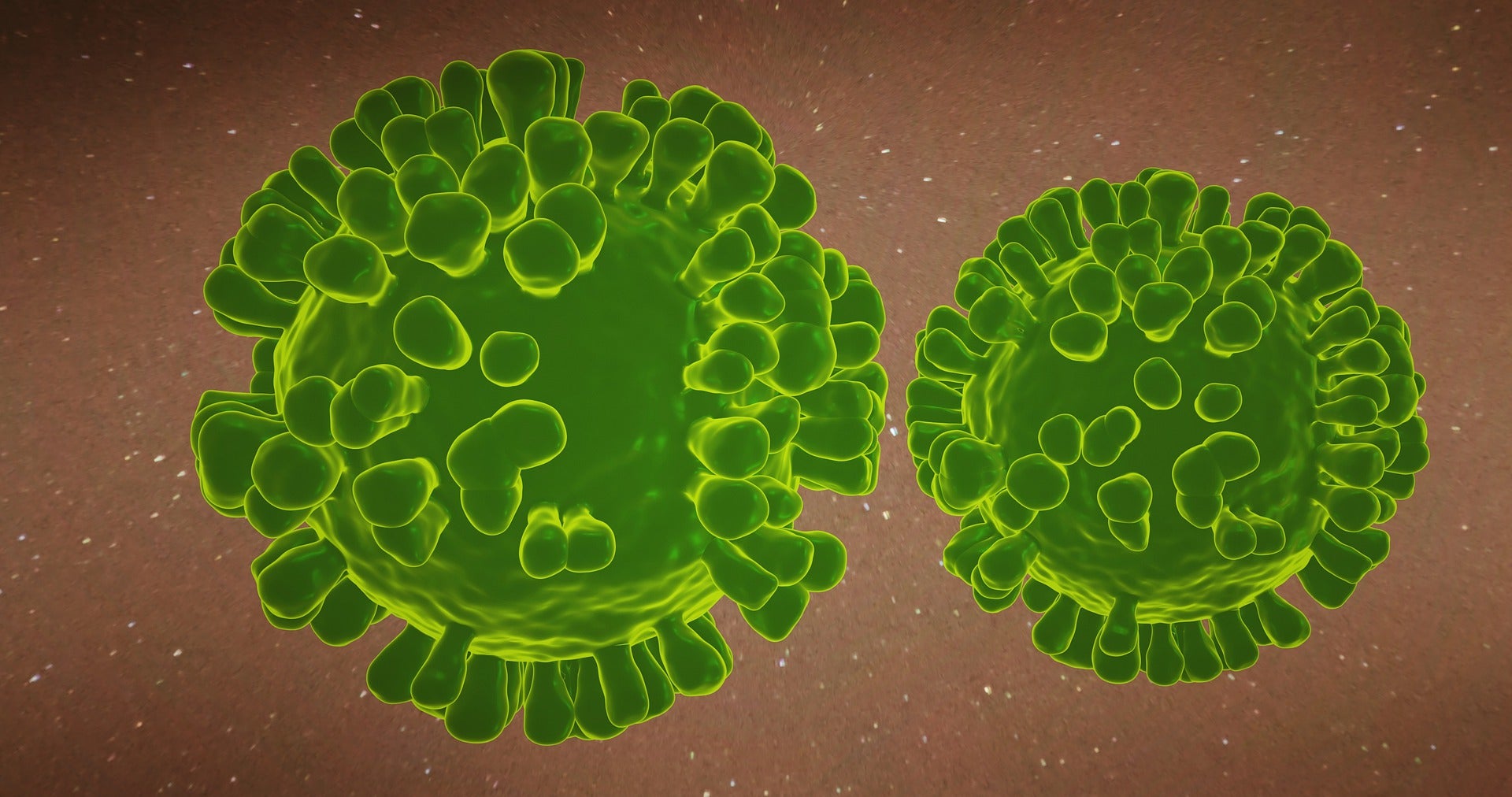
ImmunityBio has reported initial data from Phase I clinical trial of its hAd5 Covid-19 vaccine candidate which stimulated the generation of T cell reactive to vaccine-delivered spike (S) and nucleocapsid (N) protein antigens in healthy subjects.
The second-generation vaccine is currently being analysed in various forms of administration – subcutaneous, oral and sublingual.

Discover B2B Marketing That Performs
Combine business intelligence and editorial excellence to reach engaged professionals across 36 leading media platforms.
Data showed that after 14-16 days of single prime subcutaneous injection of the vaccine, the mean level of T cells generated was ten-fold higher as compared with N specific T cells.
Furthermore, by day 21, ten times higher levels of both S and N T cell responses were achieved versus pre-vaccination levels. The mean T cell levels observed in the vaccinated subjects were equal to those people who have recovered from Covid-19.
ImmunityBio founder and executive chairman Dr Patrick Soon-Shiong said: “These data further validate the path we have taken in designing our vaccine candidate to target both the S and N proteins in order to increase T cell responses.
“Our goal is to develop the second-generation Covid-19 vaccine which is room temperature stable, can be self-administered orally and generates both antibody and long-term T cell immunity.”

US Tariffs are shifting - will you react or anticipate?
Don’t let policy changes catch you off guard. Stay proactive with real-time data and expert analysis.
By GlobalDataCurrently, Phase Ib study of the vaccine is progressing to assess the safety and immunogenicity of subcutaneous, oral and sublingual prime boost combinations.
ImmunityBio received authorisation from the US Food and Drug Administration to initiate a Phase I trial of its vaccine candidate last October.
In a separate development, BeiGene reported that the Phase II trial of Brukinsa (zanubrutinib) in hospitalised patients with Covid-19-related pulmonary distress, who need supplemental oxygen without mechanical ventilation, failed to meet the co-primary efficacy endpoints.
A small molecule inhibitor of Bruton’s tyrosine kinase (BTK), Brukinsa is being analysed as a monotherapy and with other therapies for treating several B-cell malignancies.
Rate of respiratory failure-free survival at day 28 and reduction in days on oxygen were the co-primary efficacy endpoints of the trial.





